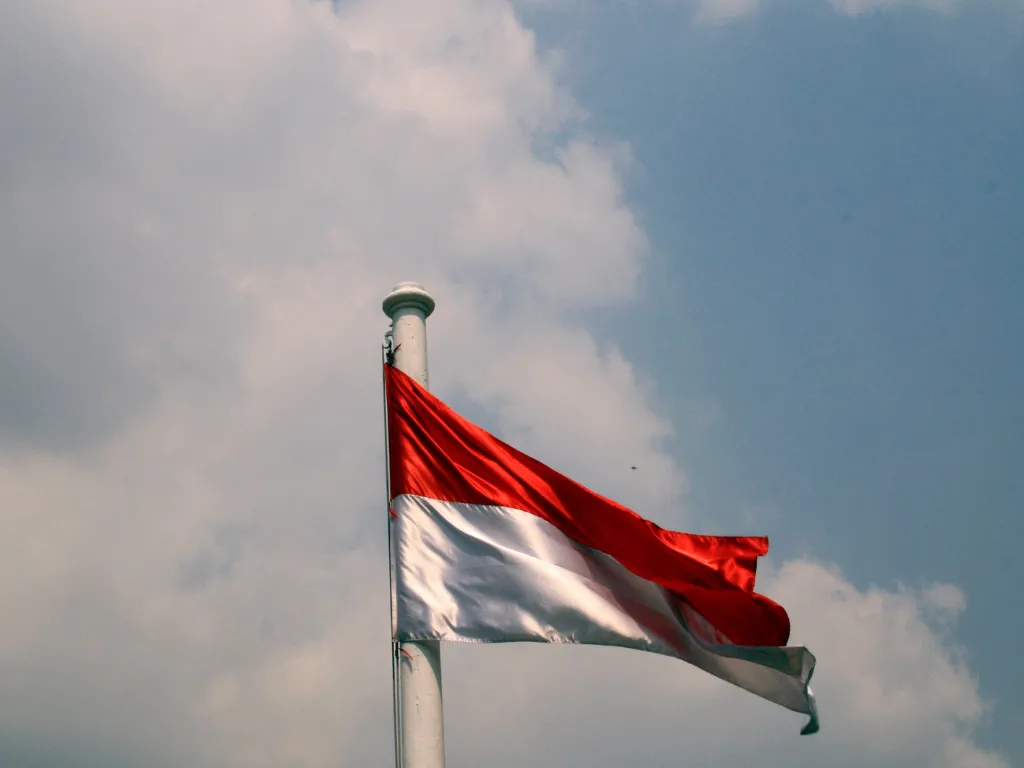News Details

Indonesia Tightens Import Controls on Chemicals: New Trade Ministry Regulation Resets Permitting, Reporting and Zone Treatment
Indonesia’s Ministry of Trade has issued Regulation No. 20
of 2025 on the import of chemicals, hazardous substances, and certain minerals,
replacing Regulation No. 36 of 2023 (as amended). The regulation was promulgated on 30
June 2025 and took effect on 29 August 2025.
Scope and Coverage
The regulation establishes import controls for the following chemical categories:
- Non-pharmaceutical precursors, nitrocellulose (NC), industrial explosives, ozone-depleting substances (ODS/BPO), hazardous substances (B2), hydrofluorocarbons (HFCs), and certain designated chemicals (BKT) listed in the annexes.
- Examples in
the annex materials and official briefings include commodity-grade inputs
such as sodium tripolyphosphate (STPP), formic acid, and lysine and its
salts, as well as numerous HFC refrigerant blends such as HFC-134a and HFC-32.
Import Licensing and Verification
Importers must hold appropriate business permits and import
approvals before goods enter Indonesia’s customs territory, in line with the following framework:
- IT
(Importir Terdaftar / Registered Importer),
- IP
(Importir Produsen / Producer Importer), and
- PI
(Persetujuan Impor / Import Approval).
The regulation also formalizes verification/technical
tracing by authorized surveyors and the issuance of Laporan Surveyor (LS) where
required. Definitions for IT, IP, PI and LS are standardized in Article 1.
Electronic Realisation Reporting
Holders of PI or LS documents must submit electronic import realisation reports, covering both realised and unrealised volumes, in accordance with the trade licensing framework administered by the Ministry of Trade. Non-compliance triggers administrative sanctions.
Treatment in Special Regimes
The regulation sets specific import rules depending on whether goods enter
- Free Trade Zones (Kawasan Perdagangan Bebas dan Pelabuhan Bebas, KPBPB),
- Special Economic Zones (Kawasan Ekonomi Khusus, KEK)
- Bonded Warehouses (Tempat Penimbunan Berikat, TPB)
- Key Provisions:
For Certain Chemicals (BKT) and selected bulk commodities (such as lubricating base stocks, cement/clinker, oil and gas), imports into TPB are not subject to import licensing/verification at entry. However, full import requirements apply when released into the domestic market. - For ozone-depleting substances (ODS, BPO), hydrofluorocarbons (HFCs), non-pharmaceutical precursors, nitrocellulose,
industrial explosives, and hazardous substances (B2), import licensing and verification are required upon
entry even when imported into KPBPB, KEK or TPB.
Transitional Provisions
Existing IT/IP/PI documents remain valid until their expiration and can be amended or extended under the new framework. However, previously issued Import Approvals (PI) for Certain Chemicals (BKT) linked to older Importer Identification Numbers API-P (Producer Importer) and API-U (General Importer) have been automatically revoked via the
INATRADE system. Surveyor (LS) documents issued under prior rules remain valid
through completion of the relevant importation.
Compliance Actions for Industry
- Map
your HS codes against the annexes to determine whether your products fall
under B2, ODS, HFCs, precursors, NC, explosives or BKT controls.
- Confirm
permit status (IT/IP/PI) and whether LS verification applies to your line
items.
- Set up reporting processes to file electronic import realisation reports for PI/LS-covered shipments.
- Assess zone strategy: while imports routed via TPB/KPBPB/KEK may obtain warehousing efficiencies, full import controls will apply upon domestic release will trigger full import controls; certain categories are regulated at all stages including entry.
We acknowledge that the above information has been compiled from Ministry of Trade.

 Twitter
Twitter
